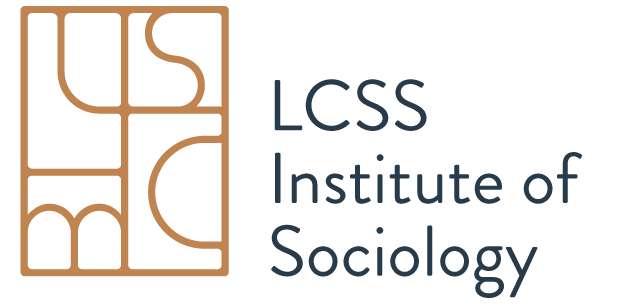In March 21–23 Dmytro Mamaiev, PhD student of the LCSS Institute of Sociology, participated in Symposium “Heritage and Sustainability“ at the University of Gothenburg (Sweden). He has delivered presentation on the importance of researching a ways how to recover and secure Ukrainian heritage given the times of the full-scale war.
Category: News
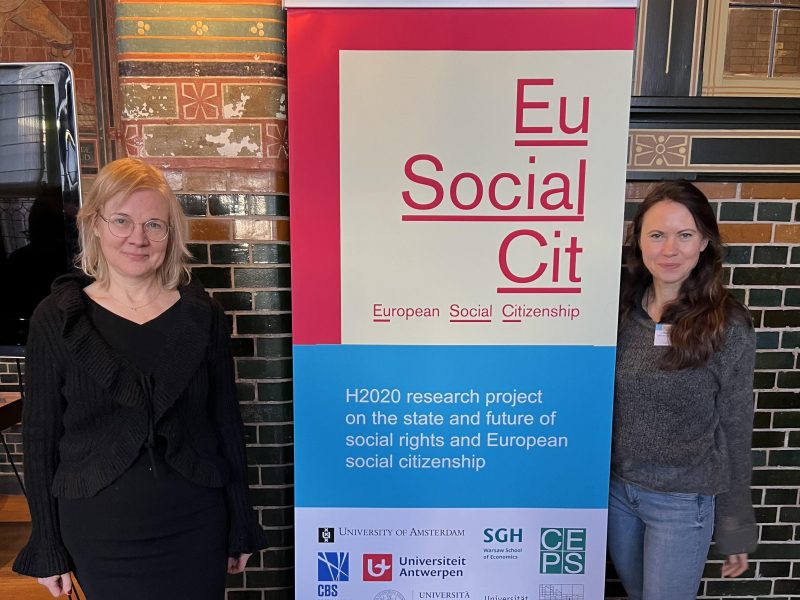
Dr. Jolanta Aidukaitė and dr. Rūta Ubarevičienė have successfully completed the Horizon 2020 project EuSocialCit “European Social Citizenship”. The head of the project LSMC SI was the Chief Research Fellow Dr. J. Aidukaitė.
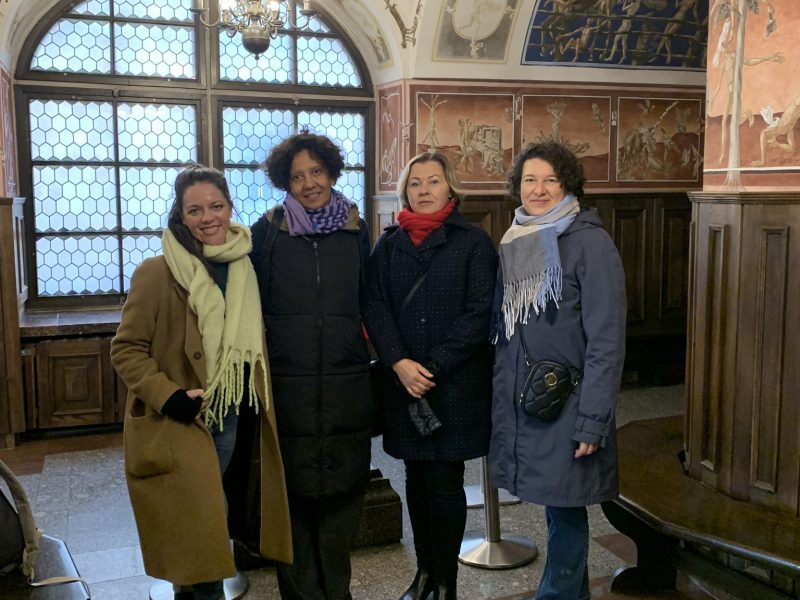
On October 17–19, the Institute hosted a visit of scientists from the COST Action CA19129 “Decolonising Development: Research, Teaching and Practice”, including Dr. Haley McEwen (USA / Sweden), Dr. Svitlana Babenko (Ukraine / Sweden), and Dr. Ana Cristina Pereira, aka Kitty Furtado (Portugal).

In September 28–29, Margarita Gedvilaitė-Kordušienė participated in the Socio-gerontechnology Network’s 5th Annual Meeting at the Open University of the Netherlands in Utrecht. Entitled “Theorising Ageing in a Digital World”, the conference welcomed over 80 scholars from around the world. The meeting brought together critical scholarship on ageing and technology from various social sciences and humanities perspectives – including STS, age studies, social and critical gerontology, media studies, critical design studies, and many others.
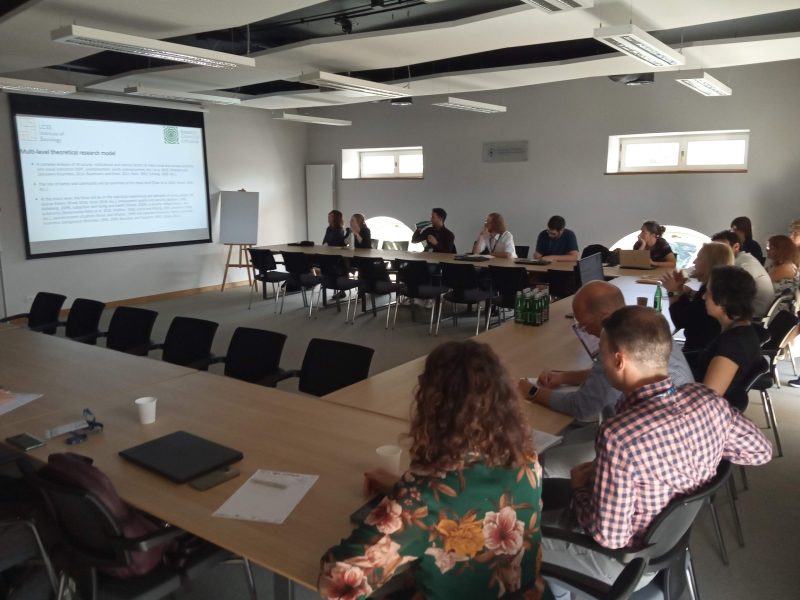
On 7-9 September 2023, Dr Rūta Brazienė, Chief researcher, and Justina Krauledaitė, a PhD student at the LCSS at the Institute of Sociology of the LCSS, participated in the prestigious 21 st ESPAnet Annual Conference.
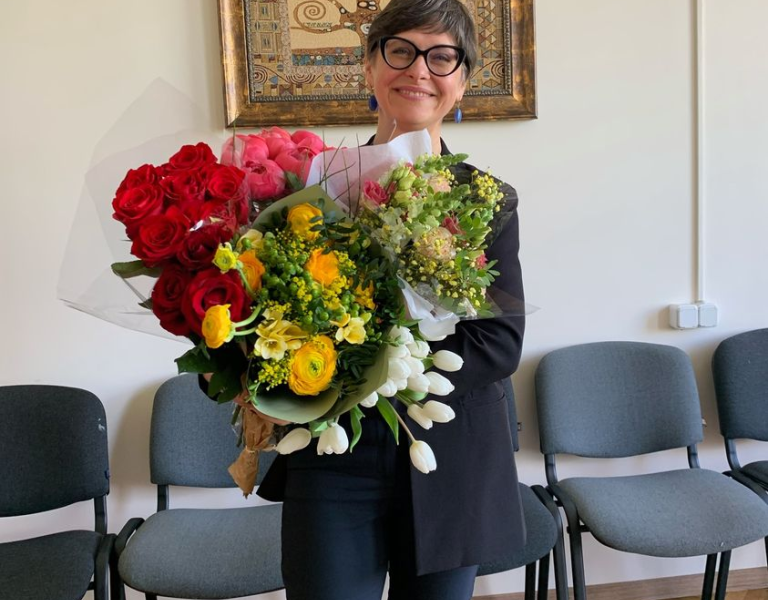
On 5th May, 2023 Giedrė Plepytė-Davidavičienė defended her doctoral dissertation entitled “Social Construction of Happiness in Self-Help Teachers‘ Narratives in Lithuania”.

The International Conference “Changes and Perspectives of Tourism in a Reshaped World” is organised by the Institute of Sociology at the Lithuanian Centre for Social Sciences (Vilnius, Lithuania).
